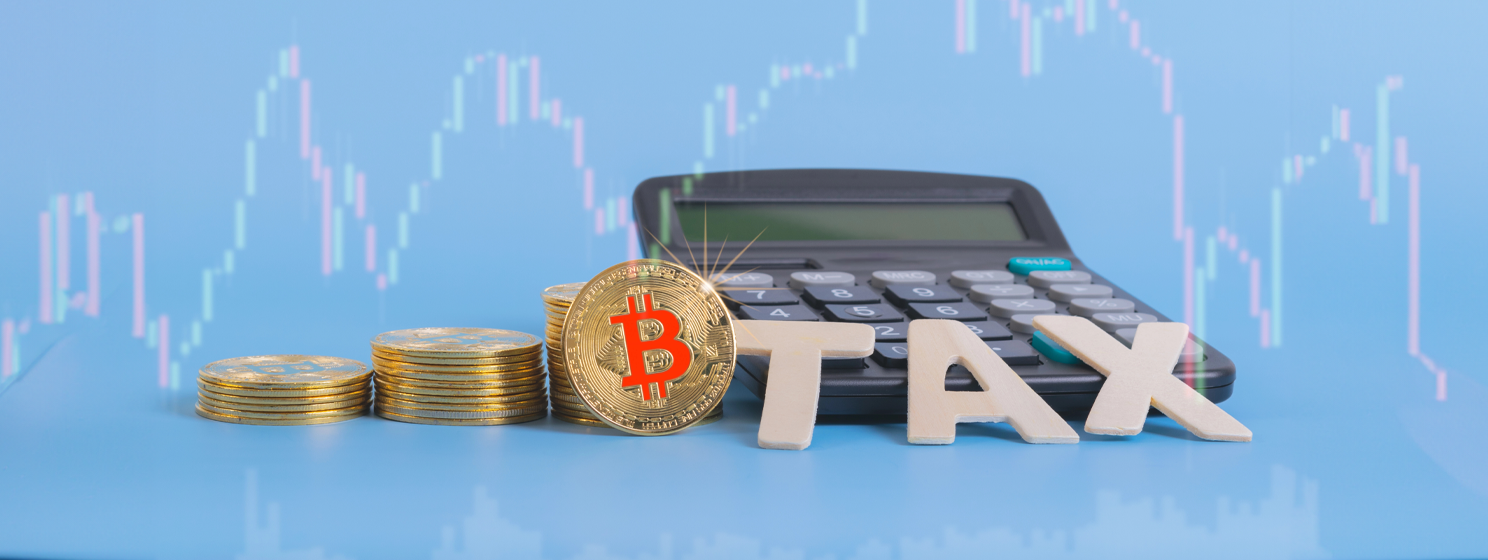|
Getting your Trinity Audio player ready...
|
CoinCola, a peer-to-peer cryptocurrency exchange platform, is now offering its services to the citizens of Nigeria. Nigeria has been a key region for investors, and provides a vast population to work with for companies seeking to expand.
CoinCola’s move into Nigeria will affect all Africans in the long run. With more players joining the African cryptocurrency space, many countries in the region will see the importance and relevance of cryptocurrency and blockchain technology.
In Nigeria, cryptocurrency has proven to be a credible alternative means of payment. Many are choosing to adopt crypto due to the ongoing problems facing the Nigerian financial service system.
One major concern with the fiat currency system are banking charges. The rates are relatively high forcing people to finding an alternative means of payment. Using cryptocurrency comes with the added advantage that it is accepted in most countries. In turn, for the common person, it is easier to use digital currency to access foreign exchanges.
Like many exchanges venturing into the African crypto space, CoinCola P2P seeks to address the above concerns. Their platform reportedly offers a safe, fast, and secure environment for crypto trade. Instead of the high banking fees and charges, CoinCola offers low and affordable fees. The exchanges hopes to connect people to more financial services.
CoinCola has successfully implemented crypto exchanges in other countries, and adding Nigeria to its portfolio will help deliver their objective, which is to connect everyone to the new digital asset economy.
CoinCola is based in Hong Kong, but it serves a global market to provide trustworthy trading and exchange services to its users. Currently, Africa is a key region of interest for the company.
Using blockchain to manage Africa’s rural renewable energy
A decentralized system such as blockchain, in the power industry is changing energy production methods. The inclusion of blockchain technology has helped manage renewable energy, with the aim of boosting rural power accessibility.
Communities are changing methods of energy production as many move away from carbon-based energy production into energy sources that are safer for the environment. Blockchain and its technologies have made tremendous changes in renewable energy industries.
Through blockchain technology, energy companies are now able to decentralize power supply chain providing a better system of linking suppliers to buyers. This has massively ensures adequate power supply in rural communities. Additionally, there is transparency and easy accessibility of power.
Initially, providing renewable energy was a struggle for most companies. These companies had to make use of a flexible grid that accommodates variable renewable energy sources as well as allows operators of the electricity system to create a balance between supply and demand of power. Additionally, creating a balance between the buyer and seller was a challenge. However, by incorporating distributed ledger technology, there has been a faster and effective power supply across the continent.
By using blockchain in renewable energy, companies are increasing the adoption rates for blockchain and cryptocurrency. Connecting a majority of rural homes and communities using blockchain based renewable energy projects; many people will be open to learning and using these new technologies.
Reportedly, use of already existent resources such as solar energy alongside blockchain technology will ease management of such renewable energy.

 03-05-2026
03-05-2026 




